On July 12th, 2014 Dark Entries Records reissued the original Xymox EP Subsequent Pleasures. Originally released back in 1983. This record garnered the attention of Brendan Perry of Dead Can Dance, who then invited the band to join him on tour which helped facilitate a record deal with 4AD.
Anka Wolbert recently posted a blog entry going into the process of reproducing the EP’s iconic sleeve
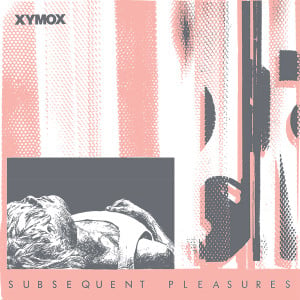
“At the time of recording Subsequent Pleasures, I was a student and also worked as a silkscreen designer at a music venue called Oktopus, in Amsterdam. In this pre-computer era, posters were silkscreen printed and flyposted all over town every month. Poster designs were handmade from scratch: text had to be manually-aligned and transferred from a transparent sheet of lettering styles. Arial, Times and Helvetica were most popular in the 80s – just as they are now – Verdana had not been designed yet. Oktopus had shelves full of groovy and psychedelic 70s fonts too. The venue had started as a hippie venue in the 70s, by the time I joined it had turned punk/new wave. The graphic design of the posters usually involved images, or details of photos, contrast-rich and in a punky fashion. Black and white films were developed in a darkroom stuck on the top floor at the end of a winding staircase and images were blown up using an enlarger to the actual poster size. Once the designs were finished, the different layers of film were projected onto the screens. After that, the screens were coated with paint and the actual printing onto paper could begin, using a flood bar to push the ink through the holes in the mesh. Each paper had to dry before the next colour could be printed. We would print 500-1000 posters every month and the space would be hazy with the smell of inks and paint thinner emulsion. Big windows opened out onto the canal but in winter we’d start feeling slightly dizzy and high on all the chemicals. Later I moved on as a silkscreen designer to the Milky Way, a popular music venue in Amsterdam still going today, before my music career took over.
The 500 sleeves of the Subsequent Pleasures EP were silkscreen printed – using 2 colours on the front sleeve, the back sleeve just black – basing the sleeve design on a drawing I had done that summer and using some cutouts and blown-up details of photos. It’s striking how similar different forms of art can be: both in the layering of colours and the layering of sounds. Building a song on a 4-track TEAC tape machine – as we did on Subsequent Pleasures – or seeing a poster take shape by adding layers of ink.”-read the original blog post here
I recently spoke with Anka regarding her musical career and to get her take on the formation of Xymox from Subsequent Pleasures to Phoenix:
What inspired you to become a musician?
I started playing guitar aged 12. Growing up in the Netherlands in the 60s and 70s, radio and TV stations were very British oriented, unlike later when they became mostly dominated by American music artists and TV shows. I grew up with the Beatles and Top of the Pops and my first songs on guitar were Beatles’ songs. In my teens I liked bands like Slade, Mud, ELO, Camel, and Roxy Music. Discovering music at that age is so fascinating. Around that time in the UK, glam rock was the next big thing and was paralleling the early years of David Bowie’s career. I was thirteen when Station to Station was released, followed by Low and Heroes just one year later. I listened to those albums a lot from the age of fourteen to seventeen. I also liked Fleetwood Mac, especially Stevie Nicks’s songs and voice, Bruce Springsteen’s Darkness on the Edge of Town, and of course Patti Smith. Punk and New Wave started taking off and suddenly there were artists like Nina Hagen, Siouxsie and the Banshees, Joy Division, The Cure. I cut my hair and adopted a more punky style. By the time I picked up playing the bass guitar, I had immersed myself in ‘indie music’ and life without music, a stereo or walkman had become unimaginable.
I find myself a sucker for ELO and Slade, though most people trying to be cool would just say Roxy Music.
Yeah, it’s funny how people now look back on glam rock songs and ELO is definitely not seen as cool. But hey…Mr Blue Sky featured some kind of futuristic vocoder which still sounds, well, silly I guess but also pretty incredible and ahead of its time.
You mention that you listened to Station to Station (favorite Bowie album), Low, and Heroes (no one ever seems to mention Lodger), there is something about you during the Xymox days that makes me think of The Man Who Fell to Earth.
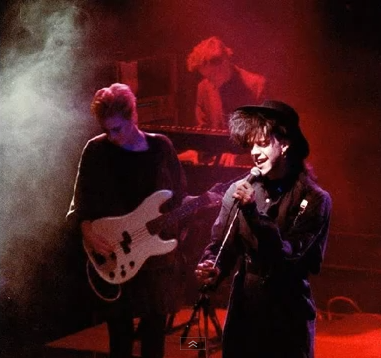
But anyway, How did you meet Ronny?
Ronny and I met as students in Nijmegen and we connected over our taste in music. We started making music together and picked up some equipment to experiment with, like the Korg MS10 and a rhythm machine. We wanted our music to be raw and emotional, but in that typical minimalistic new wave way: analogue keyboard sounds mixed with understated vocals adding a touch of sensibility, and creating an extra layer of atmosphere by using loops and effects. We were still wonderfully naive and didn’t care much about song structures yet. If anything, I was actively trying to unlearn everything I had learned in my guitar lessons. It was liking starting afresh, starting a new canvas. Life was one big experiment, music was art, and making art meant creating an outlet to express ourselves. In the early 80s, Europe was in deep recession. We were students but didn’t have any big plans as far as getting careers as there didn’t seem to be any jobs coming up in the near future. We were living in a pre-computer, pre-internet age, and making music seemed the coolest thing on the planet to me. It was also the perfect way to escape from reality.
What was the recording process like initially for Xymox, and what inspired the writing for Subsequent Pleasures?
We started to perform live, just the two of us, changing instruments in between songs. While I had a bass guitar strapped around my neck and simultaneously hit the monophonic keyboard, Ronny played guitar and sang. We combined our sound with tape loops, a Casio, plus a few weird instruments. I remember recording and singing ‘Call It Weird’ on Subsequent Pleasures and realising the beauty of playing and experimenting with vocals and instruments. Contrary to some sources, I didn’t have the ambition at that time to be a singer myself though. A vocal to me was like an amazing instrument to capture a specific mood, but only as one of many. To me, releasing Subsequent Pleasures was making a statement we were serious about what we were doing. Not much later, when we built our first recording studio with the computer as its core base and instrumental to our music, we both embraced the fast changes in recording techniques and instruments at that time. It was a very exciting era to experiment with new equipment. I loved playing with sounds. I read keyboard and programming manuals for fun – I was a nerd in that sense.
Did you have any creative goals or inspirations in composing the music?
There weren’t a great deal of women playing instruments in bands out there yet, nor were there many women writing their own songs. I didn’t have any clear role models and I definitely did not want to be ‘the girl’ in the band. After Pieter and Frank had joined and we started touring on a bigger scale, I mostly played bass and keyboard live, and would only sing one or two songs. I did not necessarily enjoy playing live, not yet anyway. I mostly enjoyed the music writing process itself, the programming and experimenting with structure and sound, by myself. We’d only start rehearsing as a band together after the songs had been worked on in our home studio, not the other way round. The three of us – Pieter, Ronny and I – would each come up with songs, we were all songwriters, and we’d take turns working by ourselves in the studio, or work on bits and pieces by ourselves at home. Pieter and I would also contribute to Ronny’s songs. This didn’t happen so much vice versa. In the end, and although a little fragmented, it always did feel we accomplished getting all the tracks together by team effort. On the first two 4AD albums we split royalties equally in three. I have said this before and I still believe this: Xymox as a whole was greater than the sum of its parts. I find it a shame we weren’t able to continue making music while holding onto this belief. Or perhaps I was the only one truly believing it – who knows. Some megalomaniac tendencies had already started to crystallize by the time we left 4AD and signed to Polygram in the US.
You desire seems to be have been more involved with the writing process and creation of the music, rather than being any sort of performer in the limelight. But I get a sense that you were drifting in that direction with Twist of Shadows and Phoenix. This makes me wonder if the fact that the band’s highest charting single being sung by you caused tensions in the band?
Yes, if you’re referring to Imagination, it surely did clash with Ronny’s wild and somewhat self-centered fantasies. It made him very nervous thinking my intent was to take over the limelight. Which it was not. I was quite happy with Ronny being the frontman. But after the release and success of the Imagination single, Polygram started pushing us to include more songs with me on vocals on our next album. They were suggesting half of the songs.. which wasn’t making Ronny very happy at all. Of course, the next album with Polygram was never made because I split before then. Part of the reason I left was because of all of this tension between Ronny and I on our last US Phoenix tour. I was receiving a lot more attention than on our previous tours, mainly because Imagination was heavily rotated on college radio and MTV. This made Ronny furious. I felt I was walking a tightrope between trying to enjoy playing live, and keeping our relations as sane as possible. Which in the end proved pretty impossible, the whole thing blew up in a dressing room in Portland. We were three gigs away from our last gig of the tour in New York. I still completed the tour but it was obvious a line had been crossed. The whole situation had become very unhealthy, both physically and mentally. Our manager flew over to Portland and stayed with us till the last date. Although it took me a good few months after the tour until I made the final decision to split, the Portland incident was the defining moment.
So, with hindsight, the success of “Imagination” weirdly split us up. I had had entirely different reasons for writing Imagination of course. First of all, I simply wanted to find out if I could write a commercial song. Not too commercial or tacky but still commercial, and hopefully a pretty decent one at it too. Secondly, and this may sound contradictory, I was figuring it could have brought us more freedom. By that time I really wanted us to grow bigger in order to gain more artistic freedom and, not unimportantly, spend less time touring. We had done three major US tours, a lot of touring in Europe for years, and I wanted us to get to a level where we could set more of our own terms, and not feel we were being lived by major record label goals.
I was kind of looking at Talk Talk as an example at the time. I absolutely loved their Spirit of Eden album. Which had only been made possible because of their previous commercial success? It was so brave. Sadly it was also their last album so perhaps not the best example to go on! What’s quite interesting in this respect is that when I signed with EMI years later, in 1996, I tried to get Tim Friese-Greene to produce my album. He loved my demo which was great to learn but he was stuck in projects at the time and I would have had to wait for over a year so I ended up deciding against it. Which was a real shame.
Phoenix is an odd album, a bit disjointed, but some great songs on it (I really enjoy “Believe me Sometimes”, and the b-side “Twisted”), Personally, I find “Phoenix of My Heart” odd, as it sounds like a song by The Happy Mondays. So given this it seems peculiar that Xymox shifted back to being a “goth” band when Ronny started using the name with the new lineup.
I agree, Phoenix does sound disjointed. By that time, the ‘band’ and the writing process had become too fragmented. Ronny insisted on having all of ‘his’ songs included on the album whereas I would have liked ‘All Fold Up’ and ‘Twisted’ on it. I think that would have made it a much better album.
While I have you for this interview, I feel compelled to ask: Two of my favorite Xymox songs are “7th Time” and “Masquerade”; Can you tell me anything about the writing and composition of those songs?
“7th Time” originated with Pieter. He came up with the chord structure and I immediately loved the feel of it. Pieter and I shared a similar sense of musical aesthetics. We were both searching for that kind of beauty that can be so incredibly powerful and ineffable when it comes to music. You know it or recognize it when you hear it. Composing, you may stumble upon it. When lucky. Anyway, I really wanted to add my vocals to it, and the song took shape. Ronny played the bass! Like I mentioned before, it was these kinds of songs that brought out the best in all three of us. The lyrics were about a girl I was madly in love with and I was lucky enough to have a short fling with. Until she ran off with a guy. Heartbreaking stuff when you’re just 20.
“Masquerade” was the first song I wrote entirely by myself. These were the early days of computer programming. We had just made the progression from the Commodore 64 to the Atari ST, the first home computer with integrated MIDI support, and I played and programmed each and every note. It’s obviously a pretty sad song, but dreamy too? I’ve always been fascinated by the layers of conscious and subconscious parts of people’s behaviour when connecting to each other. And how difficult it can be. Your first relationships can be pretty overwhelming. What is you, what is the other, how much do you allow to be seen by the other, and vice versa. What makes it frightening. What hurts.
I found happier songs much harder to write. I wrote a few, like “Smile like Heaven” and “Dark Dreamer”. All of my songs are about women. Later on, I felt the need to take the love element expressed in music to a more philosophical or spiritual level. Which is something I still hope to explore more in writing music. I love Arvo Part’s music, and Gorecki. Also early Latin music, like Tallis, and Indian chants. There’s a serenity there which pop music often lacks. A more universal exploration of love and angst.
Do you still keep in touch with Pieter?
Pieter left Xymox sooner than I did. I think we both found it pretty impossible and frustrating to work with Ronny but I stuck it out longer. Pieter absolutely hated touring so he had already dropped off after the second US tour. He still contributed a little to the Phoenix album but things were becoming more and more strenuous. Pieter and I always liked working together. It was easy and flowed in an organic way. We could both trust each other musically which is a rare find. When I split from Xymox, I lived in New York for a couple of years working on my own material. I then worked with Toni Halliday and moved back to London again. I signed a development deal with 4AD in 1994 and asked Pieter to join me on a project called Vaselyn. This led to our EMI deal in 1996. Sadly, EMI folded into Virgin a year later and we were left in limbo for a while and the album never got released. Much of this material I later used for the Cocoon album which Pieter co-produced. I now live in London, Pieter is in Amsterdam and we haven’t worked together musically for a long time. I work as a web developer which takes up my attention span pretty much all of the time. I had my studio setup and separate music laptop going for years but I find picking up my guitar most satisfying and free. I’m programming on a computer enough as it is so it’s nice getting away from it too.
How do you ultimately remember your time in Xymox? Were there happy memories?
I have some great memories of those years. It was fab being part of a band in my 20s, to be growing musically and achieving some level of success. All of that was pretty exciting. Unfortunately, Ronny tried to erase my part in Xymox many times, and also Pieter’s part, after he continued by himself. Initially, I didn’t really care much about what happened to Xymox next, especially after I had just split and was working hard on my own material. I didn’t really care for the direction Xymox’ music took either after I had left. I personally find the rhetoric of goth identity pretty dull and musically way too confining. Mind you, this is apparently what Ronny really wanted to make all along? Which I don’t have a problem with, it’s been his band and solo project for many years now. But I did get fed up with my work in early Xymox being sabotaged by Ronny actively erasing my role and part in it. These are still my songs too and it’s just crazy. I’d like to look back on those years and feel proud of what we produced. I think Xymox fans roughly get a picture if they care to know and delve a little deeper.
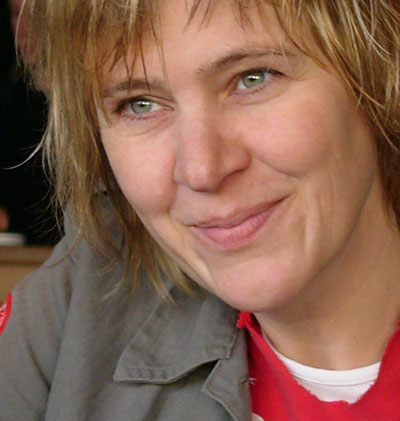

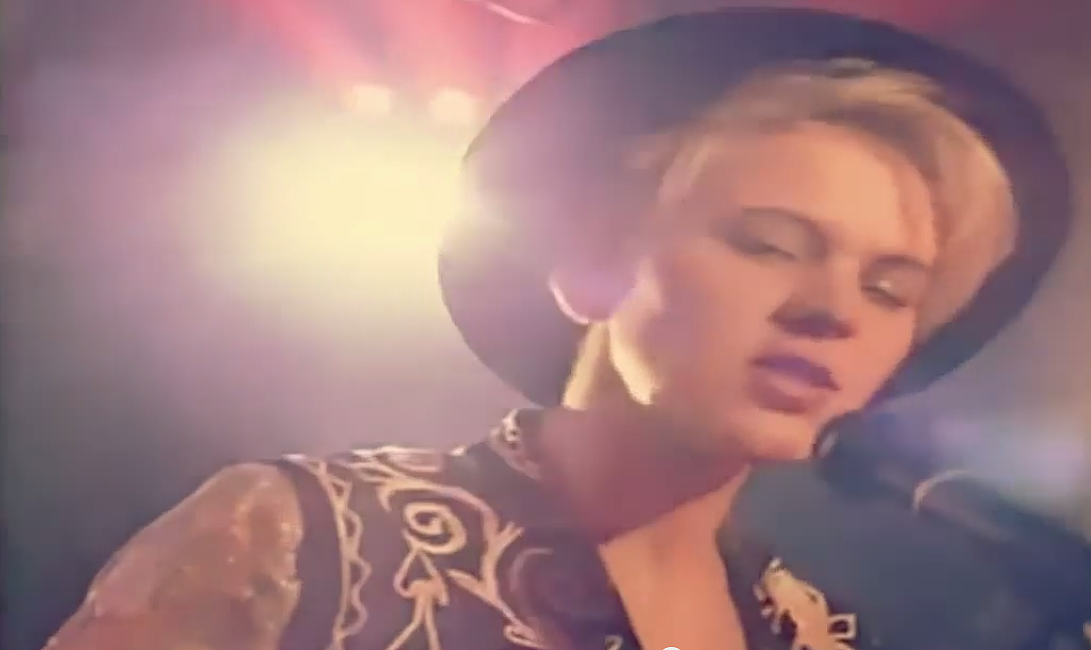

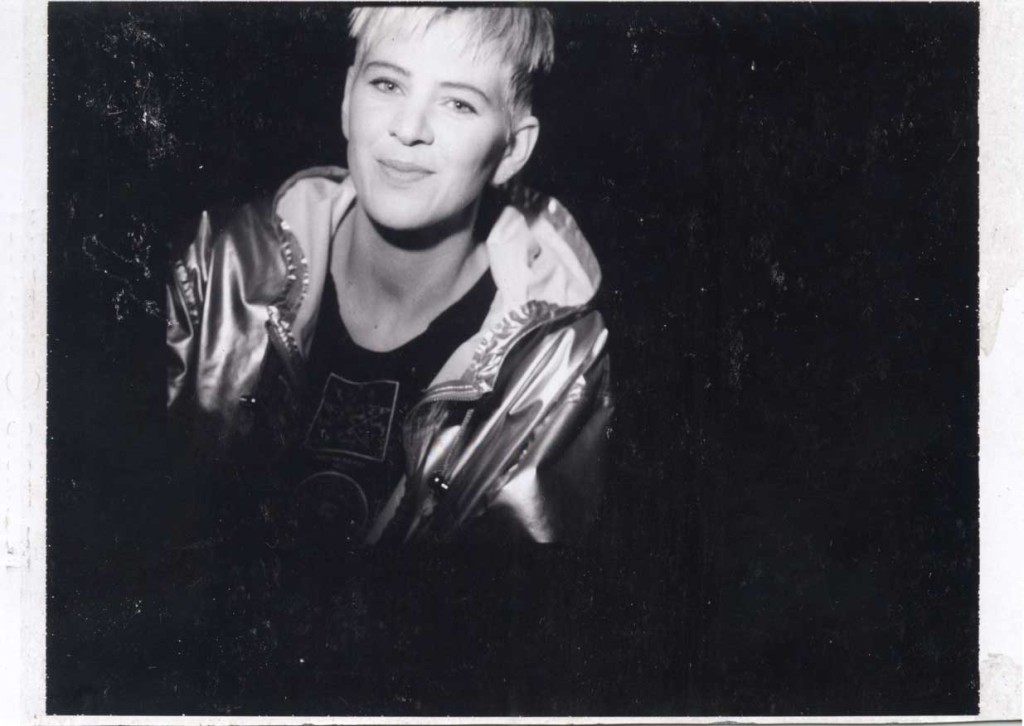
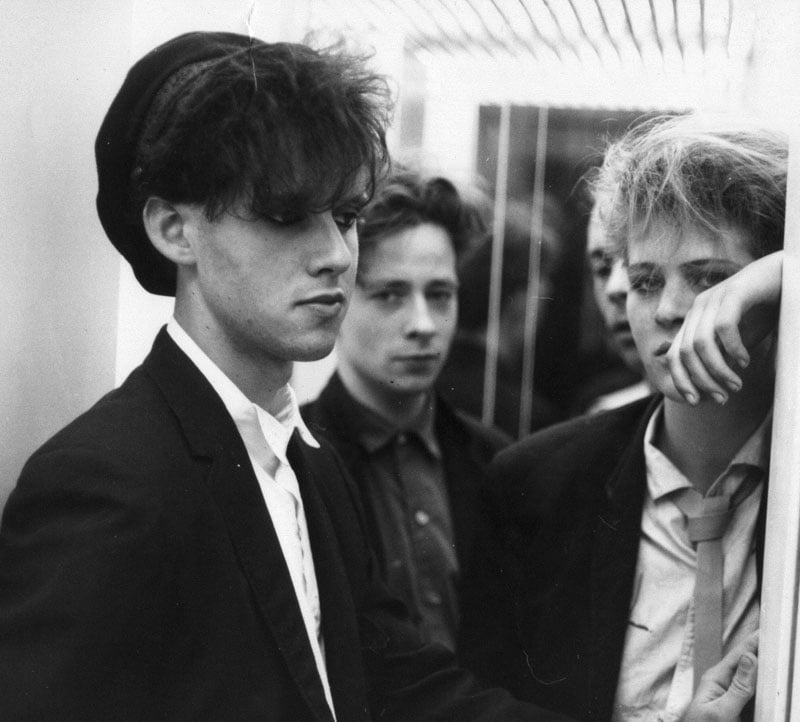



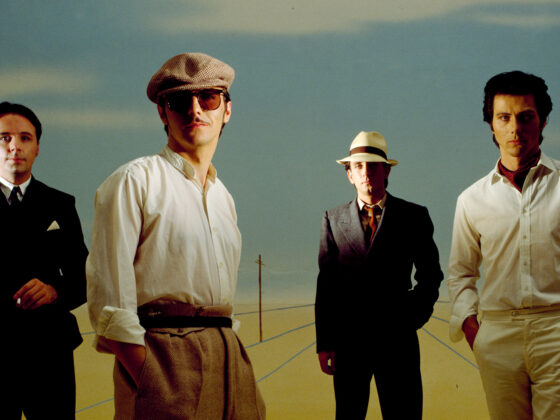
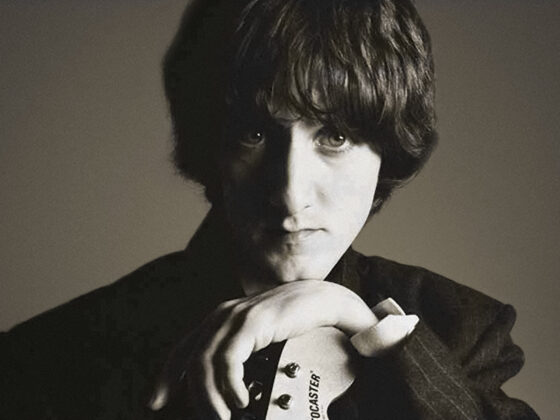
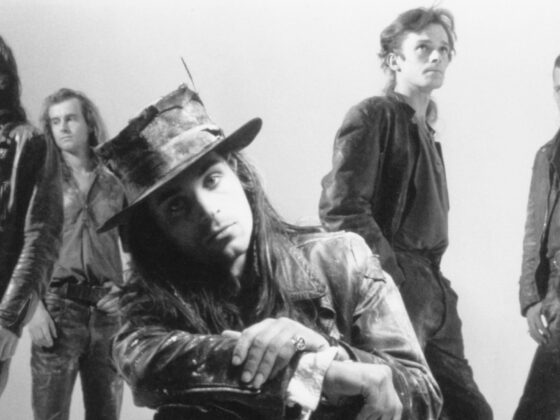
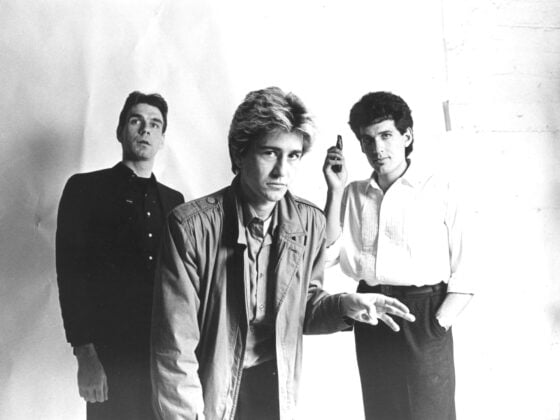


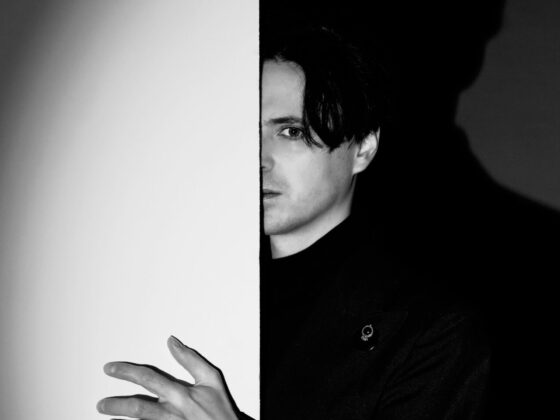


 Or via:
Or via: